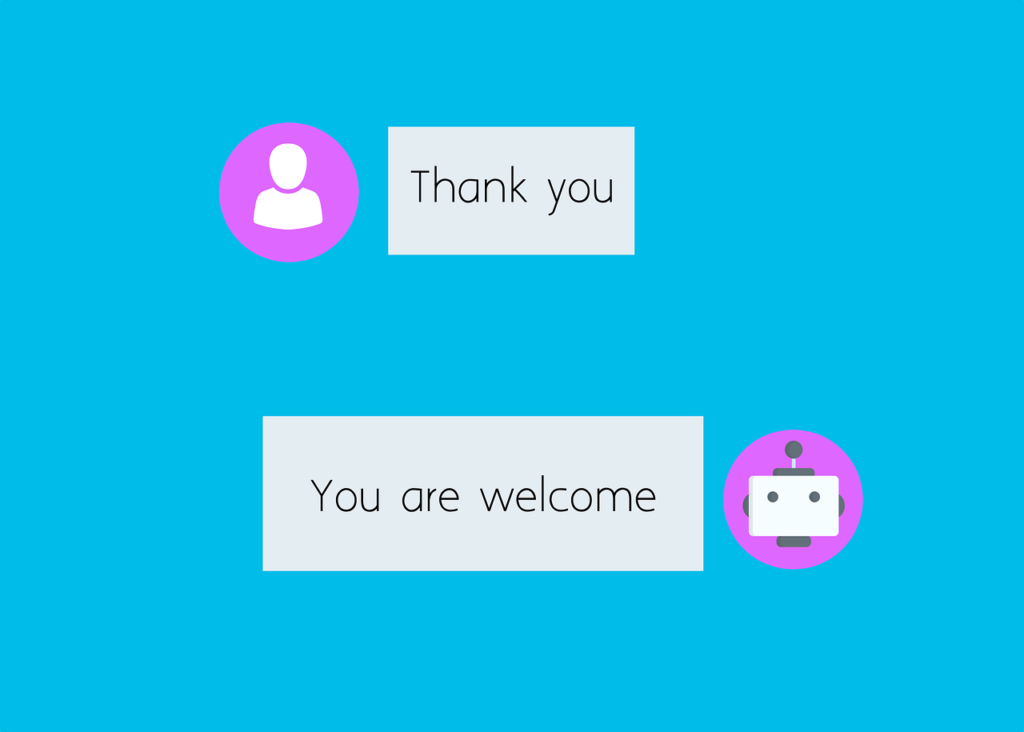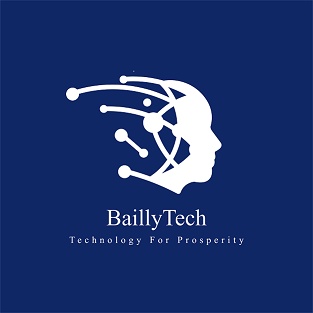Utilizing Documents to Train ChatGpt: Enhancing Conversational AI
ChatGpt, an advanced conversational AI model developed by OpenAI, has revolutionized the field of natural language understanding. However, to further enhance its capabilities, researchers have turned to incorporating document data into its training process. In this blog post, we will explore the effectiveness and challenges of training ChatGpt using document data, discussing the benefits, drawbacks, and practical examples tied to this approach.

I. The Benefits of Incorporating Documents into Training:
- Improving Context Understanding: By training ChatGpt on a vast corpus of documents, the model gains access to a broader context that helps it understand and generate relevant responses.
- Expanding Knowledge Base: Document-based training allows ChatGpt to tap into a vast reservoir of information, allowing it to provide answers to a wider range of questions and engage in more meaningful conversations.
- Enhancing Response Quality: Exposing ChatGpt to well-curated documents can improve the quality and accuracy of its responses, making the conversation feel more natural and reliable.
II. Potential Drawbacks and Challenges:
- Biased or Inaccurate Information: Document-based training carries the risk of exposing ChatGpt to biased or inaccurate information, which may be reflected in its generated responses. Rigorous data curation and quality control processes are necessary to mitigate these issues.
- Over-reliance on Inexact Data: ChatGpt might treat all information in documents as true, without being able to discern potentially contradictory or outdated content. This can lead to misinformation in its responses.
III. Case Studies and Success Stories:
- ChatGpt’s Improved Contextual Knowledge: By training on documents from diverse domains, ChatGpt becomes more knowledgeable about various topics, leading to a more nuanced understanding of conversations and providing better responses.
- Advancements in Technical Support: Organizations like OpenAI have successfully trained ChatGpt with relevant technical support documentation, enabling it to handle complex technical queries with in-depth and accurate responses.
- Enhancing Customer Service: Companies have utilized document training to enhance ChatGpt’s understanding of frequently asked questions, resulting in improved customer service experiences and more efficient self-help platforms.
IV. Ethical Considerations:
- Ensuring Data Curation: Rigorous data curation is essential to prevent biased or false information from affecting ChatGpt’s responses. OpenAI and other organizations must prioritize the integrity of document data.
- Transparency and Accountability: Providers of conversational AI, like OpenAI, need to be transparent about their model’s limitations, potential biases, and the training data used to mitigate risks related to ethical concerns.
Training ChatGpt using document data holds tremendous potential for enhancing conversational AI. By leveraging a vast knowledge base and improving context understanding, ChatGpt becomes a more sophisticated and reliable conversational partner. However, it is crucial to address challenges such as biased or inaccurate information through rigorous data curation processes. As long as ethical considerations are taken seriously, the advancements in conversational AI can offer tremendous benefits in various domains, including technical support, customer service, and general information retrieval.
